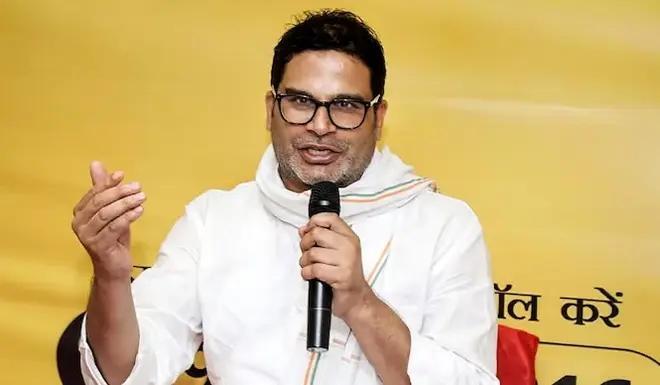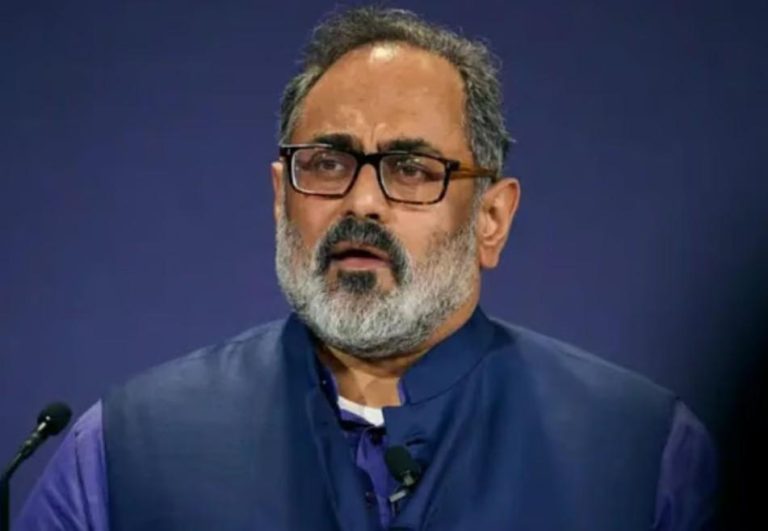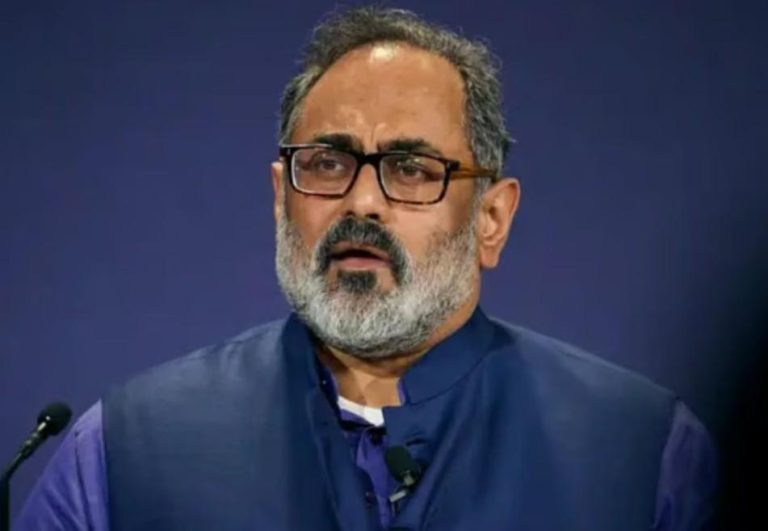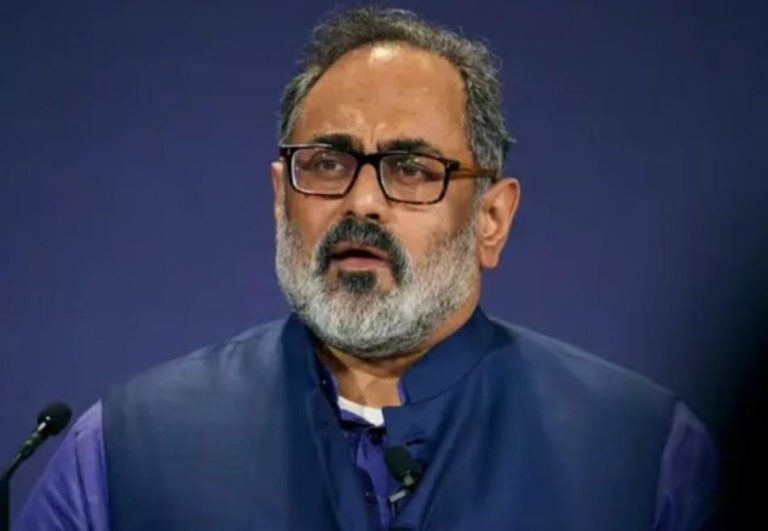
Money Comes from My Intellect: Kishor on His Party’s Funding
In the murky waters of politics, funding plays a crucial role in determining the fate of a party. The question of funding is often shrouded in mystery, leaving many to wonder about the sources of a party’s income. Recently, Jan Suraaj leader Prashant Kishor was asked about his party’s funding, and his response has sparked a heated debate. In an interview, Kishor claimed that “money comes to me by virtue of my intellect.” He stated, “All that I have earned, I owe to my intellect (buddhi).” This statement has left many scratching their heads, as it is not every day that a politician attributes their wealth to their intellect.
But what does Kishor mean by this statement? Is he suggesting that his party’s funding is solely dependent on his intellectual prowess? Or is he hinting at something more? To understand the context of Kishor’s statement, it is essential to delve into the history of his party and the controversies surrounding its funding.
Jan Suraaj, led by Kishor, is a relatively new party in the Indian political landscape. Founded in 2022, the party has been making waves with its ambitious plans to revolutionize Indian politics. However, the party’s funding has been a subject of controversy from the very beginning. JD(U) spokesperson and MLC Neeraj Kumar had recently claimed that Jan Suraaj is financed by a Bengaluru-based “charitable” organisation.
Kishor’s statement can be seen as a response to these allegations. By attributing his wealth to his intellect, Kishor is perhaps trying to convey that his party’s funding is not dependent on any external sources. He is implying that his party’s income is a direct result of his hard work and intellectual abilities. However, this statement has raised more questions than answers.
For instance, how does Kishor’s intellect generate money for his party? Is it through consulting services, marketing, or some other means? If so, what is the scope of his intellectual work, and how does it generate revenue for his party? These questions are crucial in understanding the true nature of Jan Suraaj’s funding.
Moreover, Kishor’s statement has also sparked concerns about the transparency of his party’s funding. In a country where political funding is often shrouded in secrecy, Kishor’s statement has added to the mystery. While he may be trying to convey that his party’s funding is legitimate, his statement has only raised more questions about the transparency of his party’s finances.
It is also worth noting that Kishor’s statement has been seen as an attempt to deflect attention from the allegations of funding received from a “charitable” organisation. By shifting the focus to his intellect, Kishor may be trying to divert attention away from the controversy surrounding his party’s funding.
However, it is essential to remember that transparency in political funding is crucial in maintaining the integrity of the democratic process. Political parties must be transparent about their funding sources, and leaders like Kishor must provide clear answers about the origins of their party’s income.
In conclusion, Kishor’s statement about his party’s funding has sparked a heated debate. While he may be trying to convey that his party’s income is legitimate, his statement has only raised more questions about the transparency of his party’s finances. It is essential for political leaders like Kishor to provide clear answers about the origins of their party’s income, and for political parties to be transparent about their funding sources.




